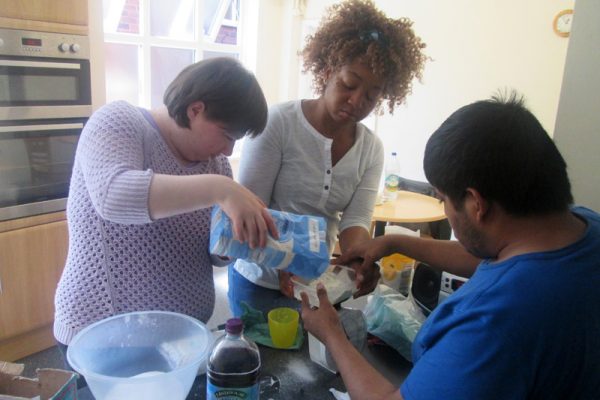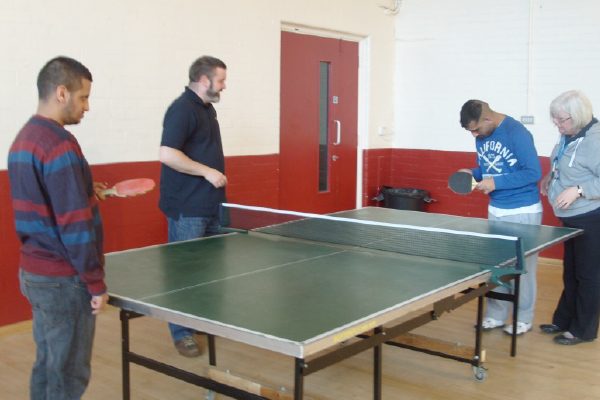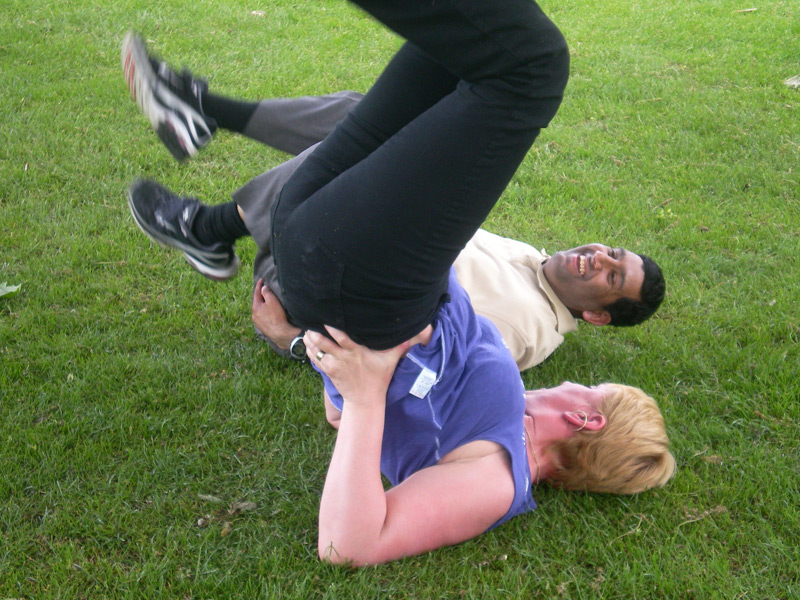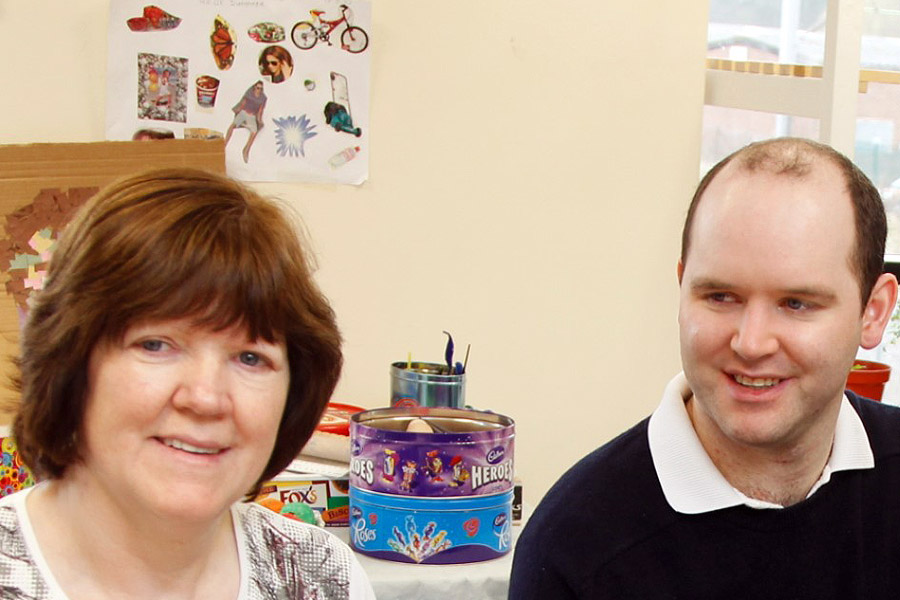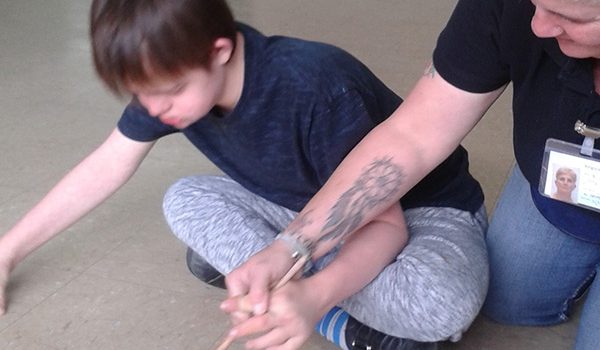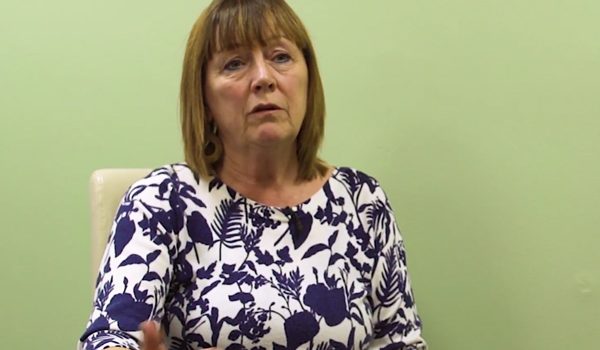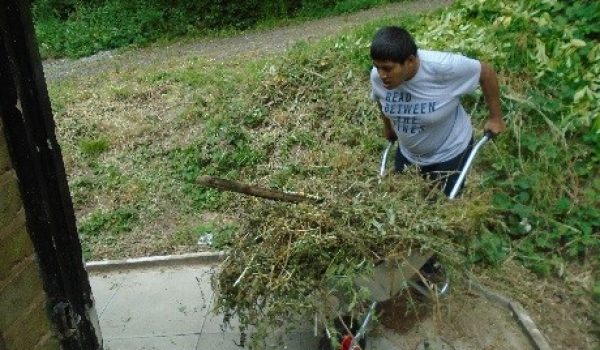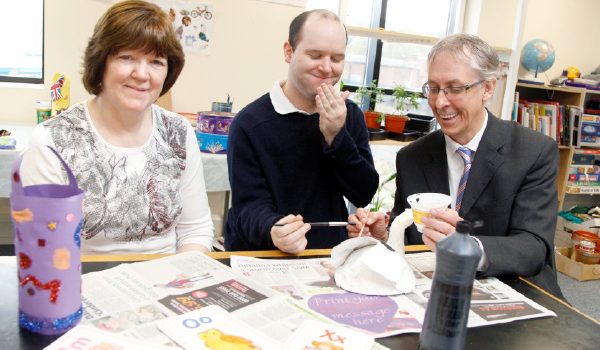Who is it for?
Young adults 16-25, and adults 25+ with Autism, Complex or Severe Learning Difficulties/Disabilities, PMLD, Behaviours of Concern or extra support such as personal care, 1:1, or 2:1, to enhance a brighter and more positive future.
How do we help adults who learn differently?
We work directly with social care and health professionals who have a wide range of expertise including community nursing, speech and language therapy, behavioural nursing, psychology, and psychiatry. We work in partnership with the NHS, Local Authorities, and a number of charitable organisations to help support families.
We use an exciting, practical and wide ranging curriculum containing variety to enhance life skills. The curriculum is person centred to ensure its suitability to individual needs and to encourage enjoyment for learning.
Our key objective is to encourage the student to enjoy the learning process and grow in confidence and self-esteem, enabling them to develop at their own pace and feel comfortable whilst doing so.
We are members of the British Institute for Learning Disabilities (BILD) and are committed to the Birmingham Business Charter for Social Responsibility.
Proven Outcomes
Building belief is something we feel is extremely important so we designed a ‘quality mapping system’ to capture the outcomes and benefits to our students.
We audit our service on a regular basis to maintain and improve our standards. Our Directors, Senior Management and Hub Managers meet regularly to discuss operations and student progress.
The daily communication book, which each student has, enables parents and carers to understand how the student is progressing.
Parents and carers are encouraged to work with us to identify opportunities to develop the student both at Skills Tank and at home.
We arrange regular reviews so that student’s progress can be monitored, and learning and care plans appraised and updated.
Just some examples of how we develop our students:
- Improving daily living skills
- Increasing confidence in communicating with others
- Building belief and self-esteem through positive achievement
- Improving behaviours
- Setting goals
- Reducing vulnerability
Working together through various activities such as building window boxes, incubating seeds and cultivating a vegetable garden enables students achieve these outcomes.
Many carers tell us that their lives improve too. It may be gradual but they report less stress, better sleep and more options to integrate into the community.
How to make a referral
A referral can be made by your social worker, your community nurse or by yourself if you are the main carer. Whoever wishes to make a referral should call us on 0121 308 6555 or contact us by email. We will take a few initial details over the phone and send you a referral pack to complete and return.
We can then gain a better understanding of your needs and the needs of the adult you care for. A good way to progress from here is to book a FREE Skills Tank taster day. This will give you the chance to gain an understanding of Skills Tank, meet the staff and sample a typical day.
We can then have a more in-depth discussion around the details contained in the referral form (all retained securely in line with GDPR). The discussions will form part of an assessment process which helps us to determine the level of service required. This will help identify:
- Personal care needs
- Medical background
- Personal interests, both leisure and social
- Potential behaviours
- Communication needs
- Health and safety considerations
- Mobility
Full and accurate information is extremely important to enable us to deliver an appropriate, stimulating and progressive provision.
Costs and Funding
Costs vary depending on what each individual needs. We don’t deliver a one size fits all provision but one that is person-centred and one that will develop the adult you care for. The costs are dependent on the assessment and discussions with the funding body.
Funding sources to attend Skills Tank:
Funding can come from one of several streams, typically these are:
- Local Authority Adults and Communities team (via your social worker)
- NHS (usually via your community nurse)
- Individual budgets/Direct Payments
- Private payment

